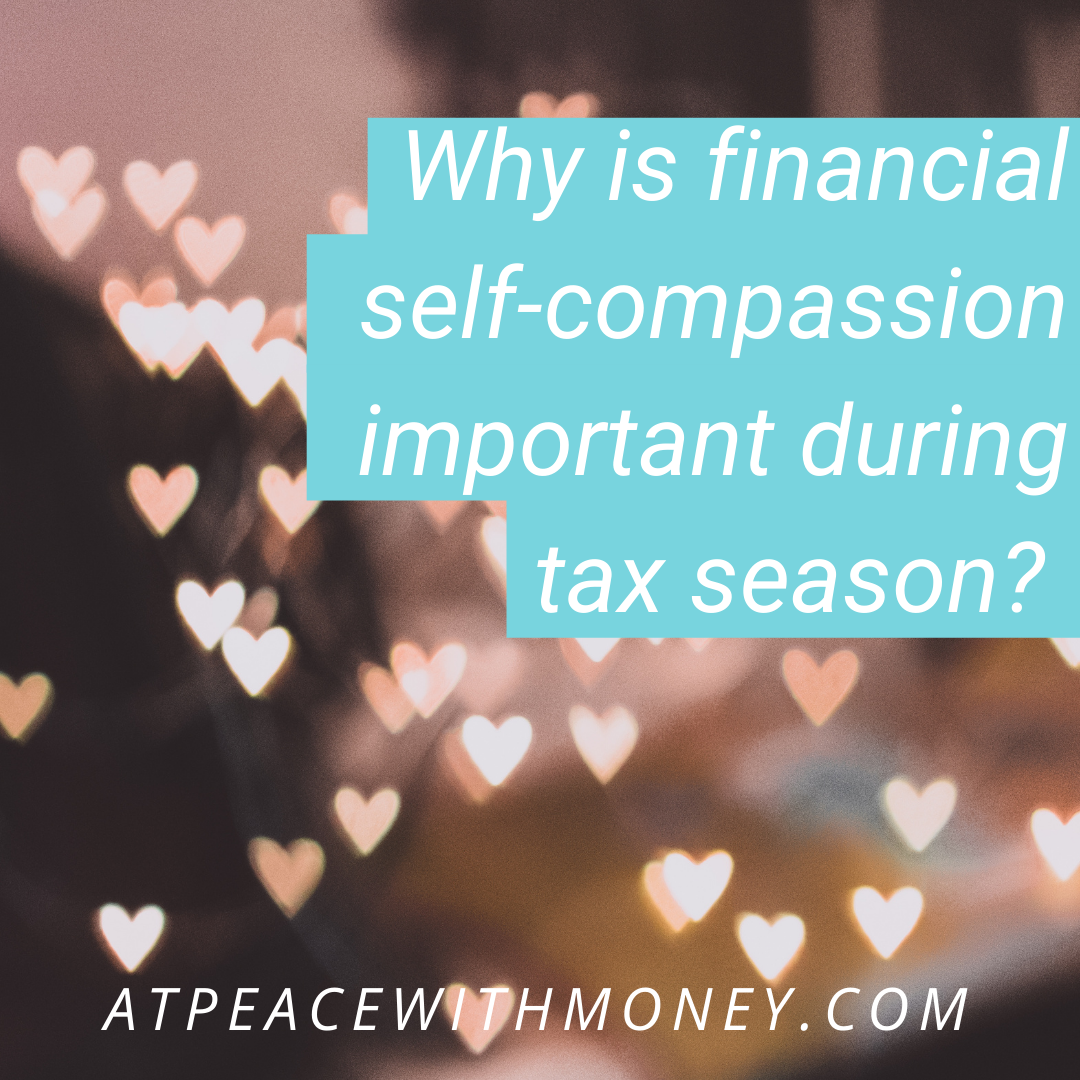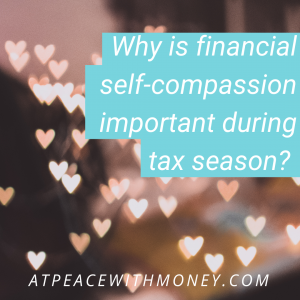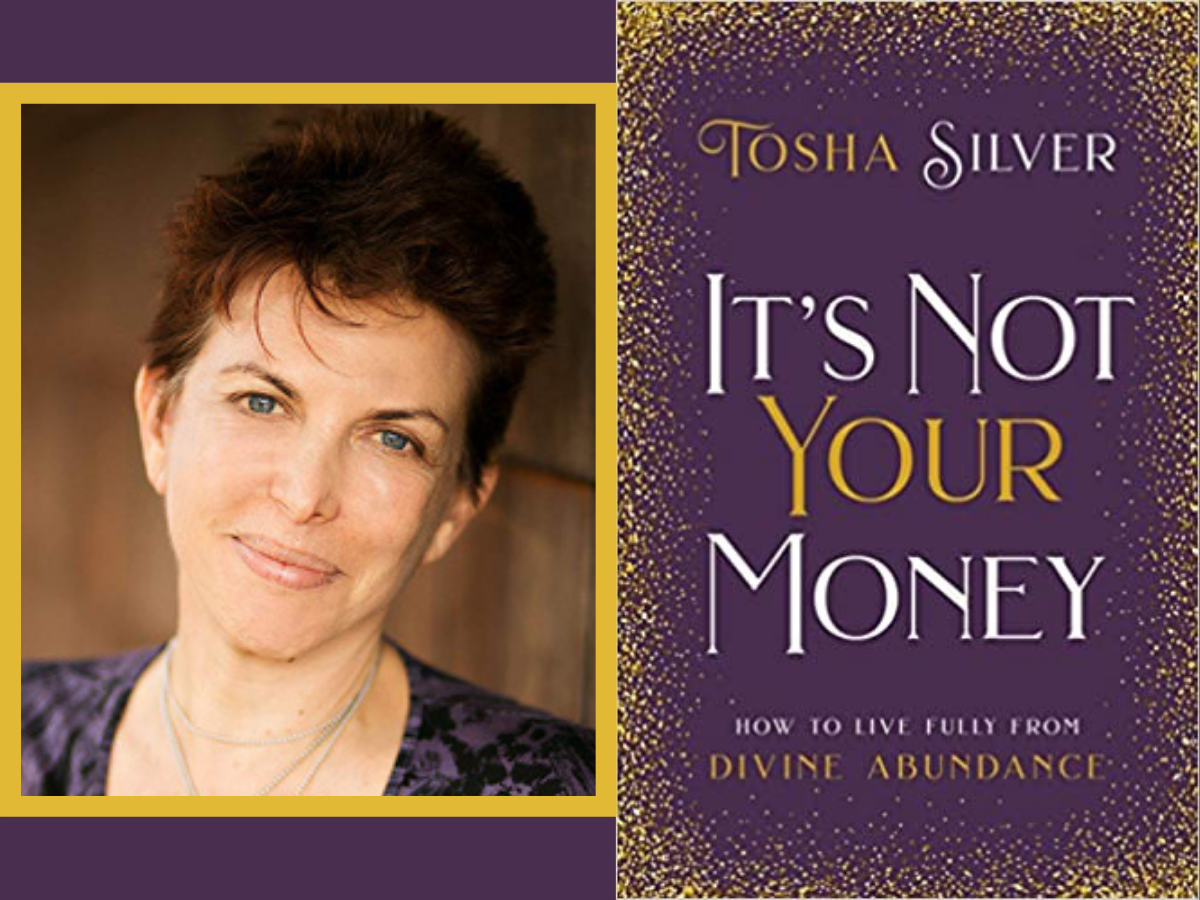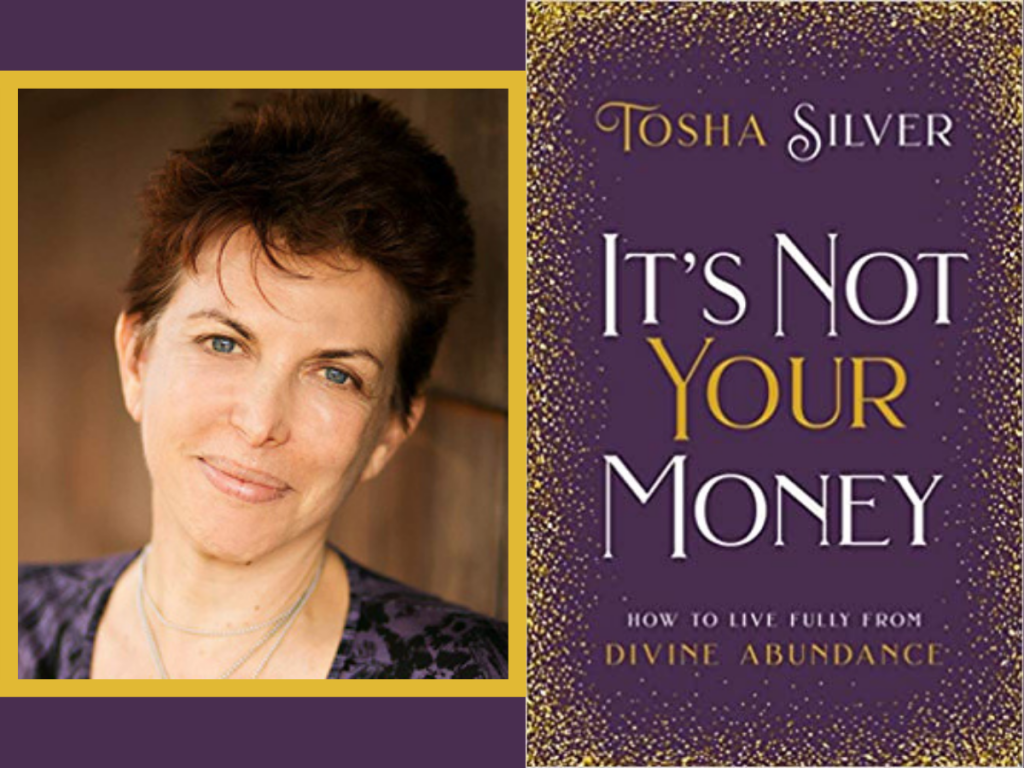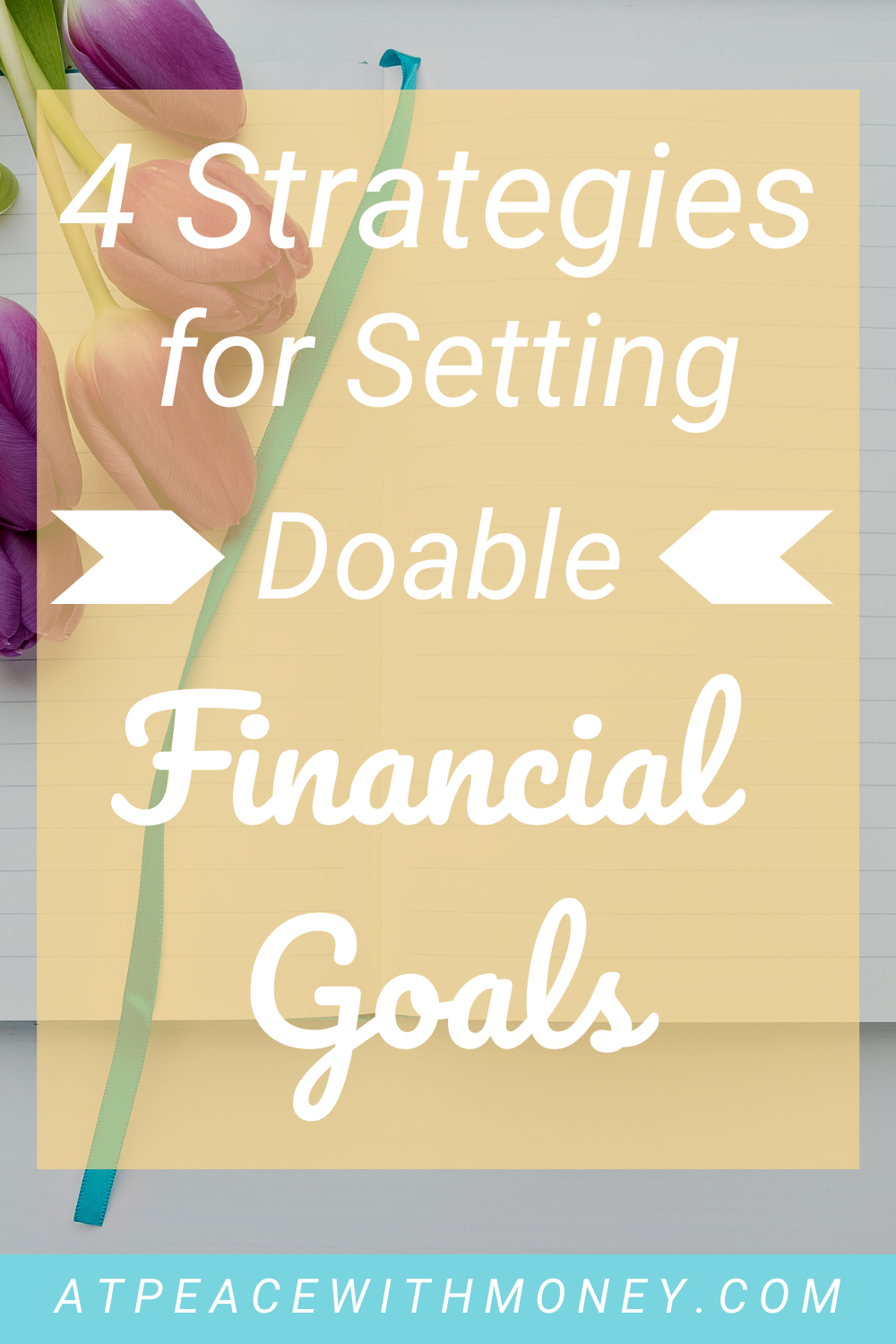Why Getting Financial Education is Key to Success

Managing your finances, whether business or personal, is a skill. It’s something we need to hone, not just something we might be naturally good at. To grow this skill, we need education!
Financial education has so many benefits to our financial lives. Here are my top 3 for you:
Increasing Your Longterm Wealth
When we hear the phrase “return on investment”, this is the first thing most of us probably think of. Financial education does indeed have a great financial return, especially in the longterm. No matter what type of financial education you pursue, if you implement what you learn, you will increase your longterm wealth.
The knowledge you apply to your financial life will change and improve how you handle money. You may find yourself more capable of making decisions around saving, spending, and investing. Over time this can have compounding positive effects.
This is true both in the case of business and personal finances, by the way! Even just the way that financial education can make you more aware of your money tends to have positive effects on both areas. When you pay more attention to your money, it’s more likely to flourish.
Acquiring Relevant Skills
The skills you learn when you invest in financial education will always be relevant to your life. As far as I know, most of us need to manage our money throughout the course of our lives.
If you are a business owner, the money skills you acquire will be helpful not only to your business, but may also be helpful to your business peers and any people you want to hire or mentor in the future. Money skills really do keep on giving!
A Sense of Peace with Money
In my opinion, this one may be the best of all the benefits. The peace of mind and clarity that come along with getting the financial skills you need to manage your money well are absolutely amazing.
I’ve witnessed many clients experience a great reduction in their stress levels after a few sessions together. Money is one of the leading causes of stress in the U.S. Especially for those managing debt, gaining the financial skills to recover and surmount it can be deeply emotionally healing.
Where Can I Get Financial Education?
In this article, the term “financial education” refers to any resource that helps you better understand your finances. Whether this is a podcast, a YouTube channel, a workshop or class series, or working with a coach or bookkeeper, anything you find helpful in this arena counts!
If you’d like some ideas about finding financial education resources that meet your personal needs, I have a couple articles on finding the best financial education resources for you:
- Why it’s important to find resources that cater to your personal vision of what wealth and success look like
- This article breaks down a couple red and green flags when it comes to evaluating a financial education resource
- Some of my favorite financial education resources.
And of course, if you liked this article, you’ll probably love my e-Book, 9 Secrets of Financial Self Care! It walks you through 9 different ways to upgrade your financial life and add self care to your routine. Download it free here.
This post was originally published in July 2021.
















